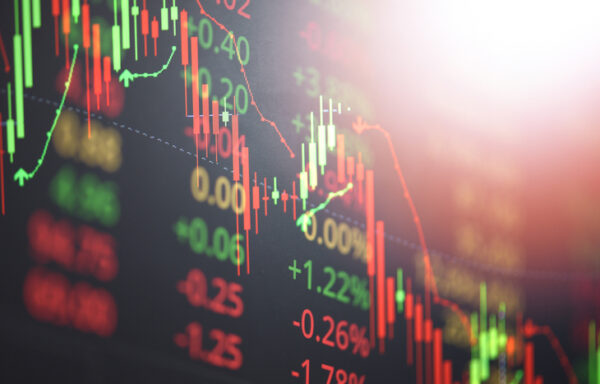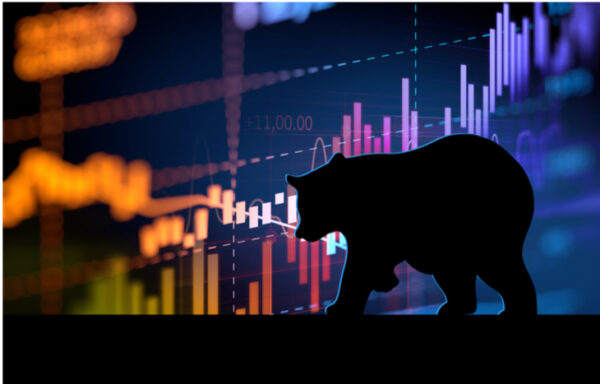Fitness Stocks Are the New Trend
Some trends are subtle at first.
But their impacts turn out to be quite substantial.
For example, a couple of weeks ago, I pointed out something that I thought was very telling of our new normal.
I simply asked my co-workers: When was the last time you were sick?
Think about it.
I haven’t had the sniffles since 2019.
I can’t remember such a long stretch without even a minor illness.
I travel a fairly extensive amount. Before the pandemic, I routinely made my way through airports and ship terminals. I hopped in and out of airplanes, buses, cars, ships and trains (not while they were moving, of course).
I stayed in hotels. I ate and drank in crowded restaurants and bars.
And everywhere I went, whether I was traveling abroad or to the Club offices in Baltimore for meetings, there were handshakes, friendly hugs and other greetings to pass out.
These were the perfect vehicles for germs.
All of that is gone. And that might bode well for the coming flu season.
This year is all about health. With the backdrop of the pandemic, it has to be.
And people are making their well-being a priority. That’s leading to huge gains – and opportunities – for investors.
Coronavirus-Fueled Health Craze
There’s been a change in consumer habits across a wide range of segments.
Fresh fruits and vegetables are flying off shelves. Sales of vitamins and supplements have surged. And demand for exercise equipment is so high that companies are actually having trouble keeping up.
This year, home gym darlings Nautilus (NYSE: NLS) and Peloton Interactive (Nasdaq: PTON) have outperformed the broader markets by a wide margin…

And both still have room to run.
But there’s another aspect of the health craze that’s gaining steam as well.
You see, 77% of consumers are in search of foods to boost immunity, metabolism and mental health during the COVID-19 pandemic. Turning from red meat to plant-based options is included in this trend.
The global plant-based food market is worth around $12 billion today.
It’s projected to be worth roughly $74 billion by 2027 and could grow to $140 billion by the end of the decade.
That’s more than a 1,000% increase!
But it’s more than just meat.
Sales of a slew of plant-based products and vegan products are growing many times faster than sales of their animal-based counterparts.

In fact, sales of conventional eggs and dairy-based yogurts are on the decline. Meanwhile, staples from a bygone era, like cheese and milk, are essentially flatlining.
And this only begins to scratch the surface of the cultural changes taking place.
For instance, 29% of Americans consider themselves “flexitarians.” Most of us eat a wide variety of products – vegetables, meat, grains, etc. And the flexitarian movement seeks to continue that trend but while eating less dairy and meat.
On top of that, the percentage of Americans who identify as vegan is skyrocketing. In 2014, only 1% of U.S. consumers considered themselves vegan. By 2017, that percentage had swelled to 6% (a 500% increase!). And it continues to grow.
This is a massive opportunity investors can’t ignore.
Major companies like Conagra Brands (NYSE: CAG), Kellogg Company (NYSE: K), Tyson Foods (NYSE: TSN) and others have invested more than $16 billion into developing plant-based brands.
Beyond Meat (Nasdaq: BYND) shares have already doubled in 2020. And we know the Impossible Foods IPO is on the horizon.
This year isn’t merely about the stay-at-home economy stocks. It’s also the year Americans are prioritizing their health. That’s a trend we can all get behind – and profit from. Americans not only are purchasing exercise equipment and consuming more vitamins, but are expanding their diets beyond the usual fare to plant-based proteins too.
That provides investors a number of avenues to look for life-changing gains as Americans look to live longer.
Here’s to high returns,
Matthew
[adzerk-get-ad zone="245143" size="4"]About Matthew Carr
Matthew Carr is the Chief Trends Strategist of The Oxford Club. He is the Editor of Strategic Trends Investor, The VIPER Alert, Dynamic Fortunes, Trailblazer Pro and Profit Trends. His unique take on investing – which involves using a strategic system that chooses companies based on pre-momentum, high growth and discounted prices – has led to countless outsized gains.
Matthew cut his teeth in the industry as a writer for the energy trade publications Natural Gas Week, Gas Market Reconnaissance and Oil Daily. He also dug into exports and international trade finance for Business Credit magazine.
With two decades of financial experience under his belt, Matthew’s expertise ranges from classic industries such as retail and oil and gas to cutting-edge markets like 5G, emerging tech, cybersecurity and cannabis. If it’s moving the markets, you can bet Matthew is there.






